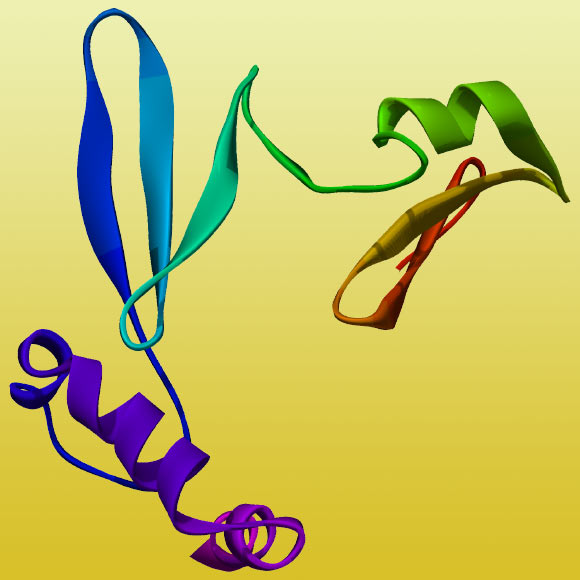Ghrelin, a stomach-derived hormone known to regulate appetite and other food-related functions, may play a broad role in reward-related behavior and decision-making, such as monetary choices, according to new research by scientists from Massachusetts General Hospital and Harvard Medical School, Boston.
“The potential role of ghrelin beyond energy homeostasis is not well understood,” said study senior author Dr. Franziska Plessow and colleagues.
“Ghrelin receptors are evident in the mesolimbic reward pathway, and preclinical research has shown that ghrelin administration increases impulsive behavior and choices in rats.”
“However, little is known about whether and how ghrelin is associated with food-independent behavior and decision-making in humans.”
“We investigated the relationship between ghrelin levels and monetary decision-making using a well-established behavioral paradigm in healthy individuals and individuals with a low-weight eating disorder (LWED), as patients with LWEDs have been shown to have high ghrelin levels and resistance to the effects of this hormone,” they explained.
“We hypothesized that higher ghrelin levels would predict more impulsive choices of immediate rewards in healthy individuals, while this relationship would be less pronounced in individuals with LWEDs.”
The study involved 98 female participants — 64 with a LWED and 34 healthy control participants — aged 10-22 years.
The researchers tested blood levels of total ghrelin before and after a standardized meal that was the same for all participants, who had fasted beforehand.
After the meal, participants took a test of hypothetical financial decisions, called the delay discounting task.
They were asked to make a series of choices to indicate their preference for a smaller immediate monetary reward or a larger delayed amount of money, for instance, $20 today or $80 in 14 days.
Healthy girls and young women with higher ghrelin levels were more likely to choose the immediate but smaller monetary reward rather than waiting for a larger amount of money.
“This preference indicates more impulsive choices,” Dr. Plessow said.
“The relationship between ghrelin level and monetary choices was absent in age-matched participants with a LWED.”
“People with this eating disorder are known to have ghrelin resistance. Our finding might be another indicator of disconnect between ghrelin signaling and behavior in this population.”
The scientists presented their results March 20 at ENDO 2021, the Endocrine Society’s annual meeting.
_____
Naila Shiraliyeva et al. Appetite-Regulating Hormone Ghrelin Predicts Decision-Making in Healthy Controls but Not Individuals with Low-Weight Eating Disorders. ENDO 2021, abstract # P27-13








